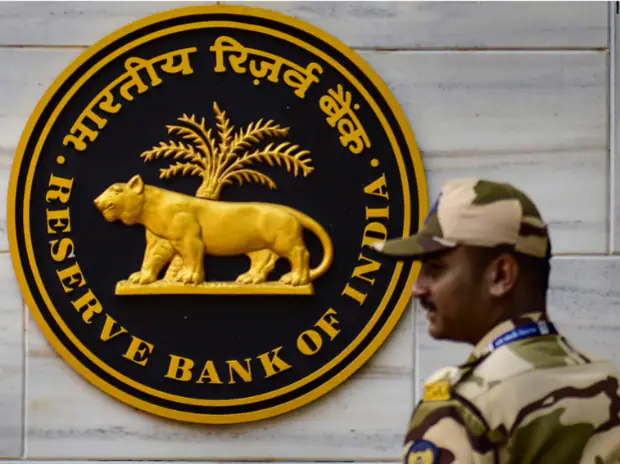[ad_1]
The minutes of the monetary policy committee (MPC) deliberation for the August monetary policy review indicated more interest rate hikes in the coming months as the retail inflation remained elevated, even as panel members noted that it may have peaked.
The six-member monetary policy committee of the Reserve Bank of India (RBI) hiked the repo rate by 50 basis points to 5.4 per cent, while deciding to remain focused on the “withdrawal of accommodation” to ensure that inflation returned within the target zone.
“Though inflation has moderated and plateaued since its recent peak of April 2022, it remains unacceptably and uncomfortably high,” RBI Governor Shaktikanta Das said, according to the meeting minutes.
He said the decision to increase the rate by 50 bps was aimed at bringing the retail inflation within the target band and then taking it close to the target of 4.0 per cent over the medium term.
Inflation, which hit 7.8 per cent in April, has fallen from its peak; it was at 6.7 per cent in July.
“The sequence of our policy measures is expected to strengthen monetary policy credibility and anchor inflation expectations,” Das said.
Deputy Governor M D Patra echoed Das’ concern about high inflation. He said: “Although inflation seems to have peaked, it is still unconscionably high.”

Indicating he would push for further rate hikes, Patra said: “Frontloading of monetary policy actions can keep inflation expectations firmly anchored, re-align inflation with the target, and reduce the medium-term growth sacrifice as it is timed into the recovery underway.”
He cautioned that small steps over a prolonged period could allow inflation to get entrenched and inflation expectations unhinged.
While all the six MPC members voted for a 50-basis point rate hike, external member Jayanth Varma dissented from the resolution: ‘Remain focussed on withdrawal of accommodation”.
“This statement confuses more than it clarifies,” Varma said.
“Because the rate hike in this meeting takes the policy rate above the pre-pandemic level, ‘withdrawal of accommodation’ cannot refer to the withdrawal of the pandemic-era accommodation. It can only mean withdrawal of the pre-pandemic accommodation that began with the rate cut from 6.50 per cent to 6.25 per cent in February 2019,” he said.
“A plain reading of this resolution would then be that the MPC is focused on taking the repo rate back to 6.50 per cent,” he said.
Varma said that the terminal repo rate may or may not be 6.50 per cent, but it is almost certainly well above 5.40 per cent, indicating his preference for further rate increases.
Varma, however, emphasised that an indication of a terminal repo rate of 6.50 per cent was unwarranted as risks to economic growth had significantly heightened.
“Though the Indian economy has been highly resilient to geopolitical and commodity price shocks so far, the weakening of exports in July indicates that India would not be immune to growth shocks emanating from the rest of the world,” Varma wrote.
Another external member Ashima Goyal said that her research showed that Indian real rates were required to be negative in slumps but low positive in booms. “The healthy recovery suggests we are no longer in a slump,” she said. “One year ahead, inflation is expected to be around 5 per cent. Therefore, I vote for a 50-bp rise, raising the repo rate to 5.4 per cent and delivering the required low positive real rate.”
She also said that the flexible inflation targeting framework is mandated to respond only to inflation and growth, and the repo rate does not respond to the exchange rate.
“Research shows that inflation targeting works better in developing economies if additional instruments are available to address excess exchange rate and capital flow volatility. India has many such instruments that can be activated if necessary,” she added.
[ad_2]
Source link



